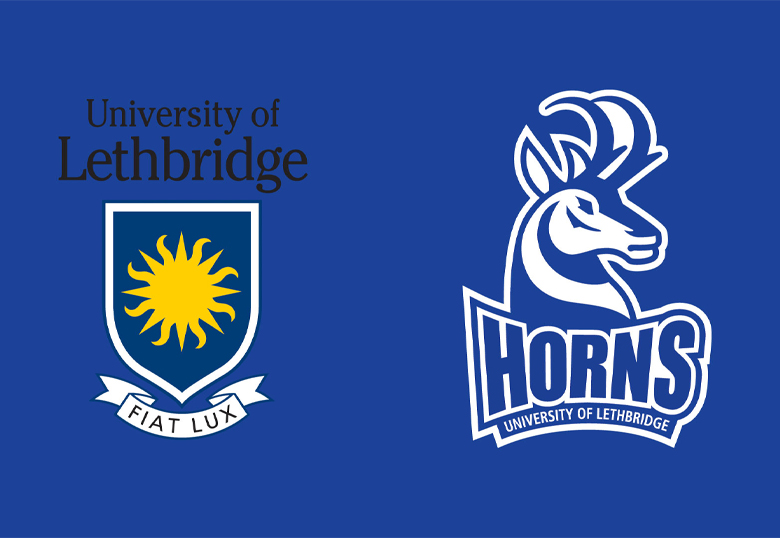Facing three successive years of significant reductions to its operating grant, the University of Lethbridge has discontinued its men’s and women’s varsity hockey programs.
The elimination of the hockey programs is one of a number of budget reduction strategies in response to unprecedented cuts from the provincial government.

The University implemented a number of budget strategies to deal with the first reduction (2019/20 budget) in November 2019, which included 19 positions being discontinued, and then eliminated an additional 42 positions across several departments in March 2020 (in response to the 2020/21 budget balancing requirements).
Despite the elimination of its hockey programs, the University will be required to make future budget decisions in the months and years ahead, as the Government of Alberta has signaled additional cuts in the next two fiscal years.
“We have had to make several difficult decisions in the past few months and this one is equally challenging,” says Mike Mahon, U of L president and vice-chancellor. “The Pronghorn hockey programs have been a source of great pride for our athletes, students, alumni, donors, sponsors, the campus community and supporters throughout southern Alberta. I know this news will significantly impact everyone associated with these programs.”
A total of 52 student-athletes are directly affected by this decision, as well as several recruits and coaches. Further, in response to budget considerations and to reflect a smaller complement of programs, the University is restructuring Sport and Recreation Services. The executive director position was eliminated last week.
The University will honour scholarship commitments to its student-athletes if they choose to continue to study at the University of Lethbridge. As well, it will work with student-athletes and recruited athletes to pursue opportunities with other University programs if they so desire. Pronghorn Athletics staff connected with athletes, recruits and coaches from both programs earlier today to communicate this decision.
The U of L is committed to supporting student-athletes through this transition. Specific academic, athletic and counselling supports have been made available to affected student-athletes.
The men’s and women’s varsity hockey programs have been an important part of the University’s athletic history, developing hundreds of student-athletes, multiple Canada West and U SPORTS all-stars and spurring a number of community outreach initiatives. In addition to hockey camps, minor hockey team sponsorships, participation in athletes-in-school reading and anti-bullying programs, a number of former Pronghorns have emerged as coaches and leaders in southern Alberta minor hockey organizations.
“Measuring the impact of university athletic programs goes far beyond winning percentages, and our hockey programs have played a very important role in the development of minor hockey in southern Alberta,” says Mahon. “It is not lost on us what a significant loss this is to all those who have benefitted from the Pronghorn programs over the years.”
The men’s team, which debuted in the 1984/85 season, surprised the hockey world when it won the University Cup national championship in 1994. The women’s program made its debut in 1997/98 and made its lone national championship appearance in 2003.
Pronghorn Athletics has been through a number of system reviews over the years to try and identify the most efficient and effective funding model, the most recent taking place in 2015 and 2019. Both reviews concluded the University was supporting a proportionately large number of teams (11) in relation to its size.
Following the 2015 review, the University contributed annually an additional $400,000 for three years and $350,000 in 2019-20 ($1.55 million total) in seeking to stabilize the financial situation for Pronghorn Athletics and allow time to source external revenues to contribute to the operations. Unfortunately, external revenues for operations have not materialized and with the unprecedented budget reductions imposed upon the University, there is little choice but to reduce expenditures.
“This is not a rash decision and it’s the last option we want to pursue, but it’s also necessary to ensure the viability of the University and the sustainability of Pronghorn Athletics,” says Mahon “It is unusual for a school of our size to fund as many teams as we have. My hope is with a concentrated focus on remaining Pronghorn programs, we can continue to provide our student-athletes with a robust and meaningful experience.”
The remaining Pronghorn Athletic programs, which include basketball, soccer, track and field, swimming and women’s rugby, will continue to be funded by the University.
